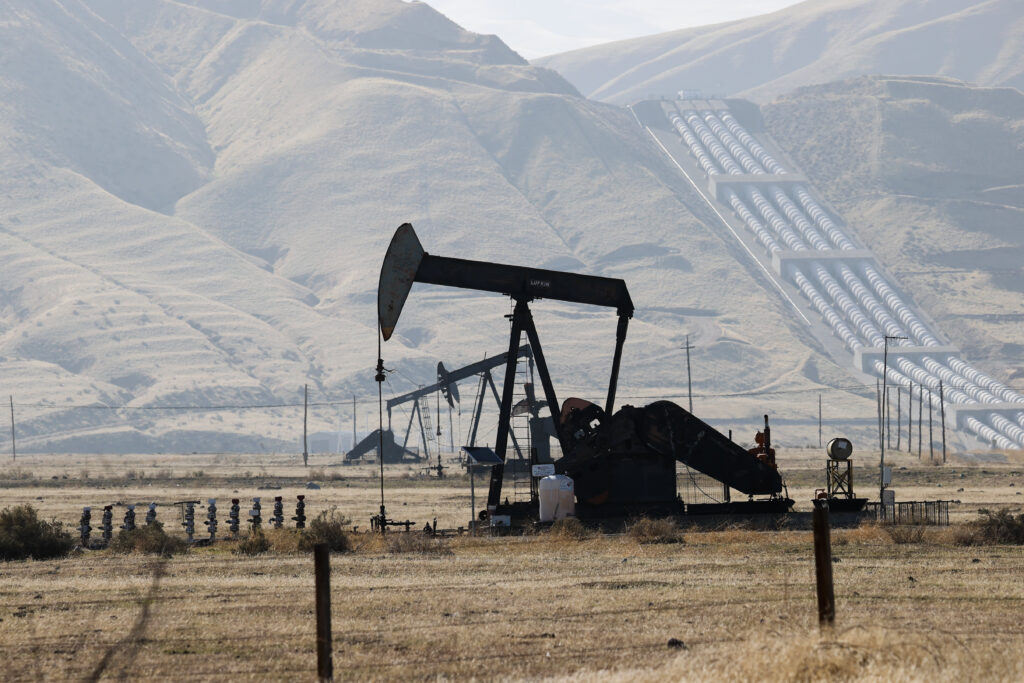Oil prices slipped on Tuesday on signals that the European Central Bank is not done with interest rate hikes, while investors awaited data that could shed light on U.S. fuel consumption during the peak summer driving season.

Brent crude futures were down 43 cents, or 0.6%, at $73.75 a barrel. U.S. West Texas Intermediate (WTI) futures fell 41 cents, or 0.6%, to $68.96. Both benchmarks had earlier retreated by more than $1.
Both contracts are trading broadly in the middle of a $10 range traced since early May. Oanda analyst Craig Erlam said prices were mainly at the mercy of “the ever-changing expectations for interest rates”.
European Central Bank President Christine Lagarde on Tuesday said that stubbornly high inflation will require the bank to avoid declaring an end to rate hikes. Higher interest rates can weigh on economic activity and oil demand.
“Despite concerns for the slowing economy in Europe, they are going to put the petal to the metal with interest rates and that puts pressure to the downside,” said Phil Flynn, an analyst at Price Futures Group.
European equities were also down.
U.S. inventory data from the American Petroleum Institute industry group is expected at 4:30 p.m. EDT, followed by government data on Wednesday. A Reuters poll indicated that U.S. inventories probably fell in the week to June 23.
Brent’s six-month backwardation – a price structure whereby sooner-loading contracts trade above later-loading ones – reached its lowest since December and barely positive, indicating shrinking concern about supply crunches.
For the two-month spread , the market is in shallow contango, the opposite price structure, indicating that traders are factoring in a slightly oversupplied market.
The market, meanwhile, has shrugged off the aborted mutiny by mercenary group Wagner in Russia at the weekend, with Russian oil loadings having remained on schedule.
“The latest geopolitical flare-up quickly pales into insignificance compared to persistent macroeconomic considerations,” said PVM’s Tamas Varga.
This is the case despite Saudi Arabia’s pledge to reduce output from July.
Much depends on whether Chinese oil demand picks up in the second half, with Premier Li Qiang saying that China will take steps to invigorate markets but providing details.






